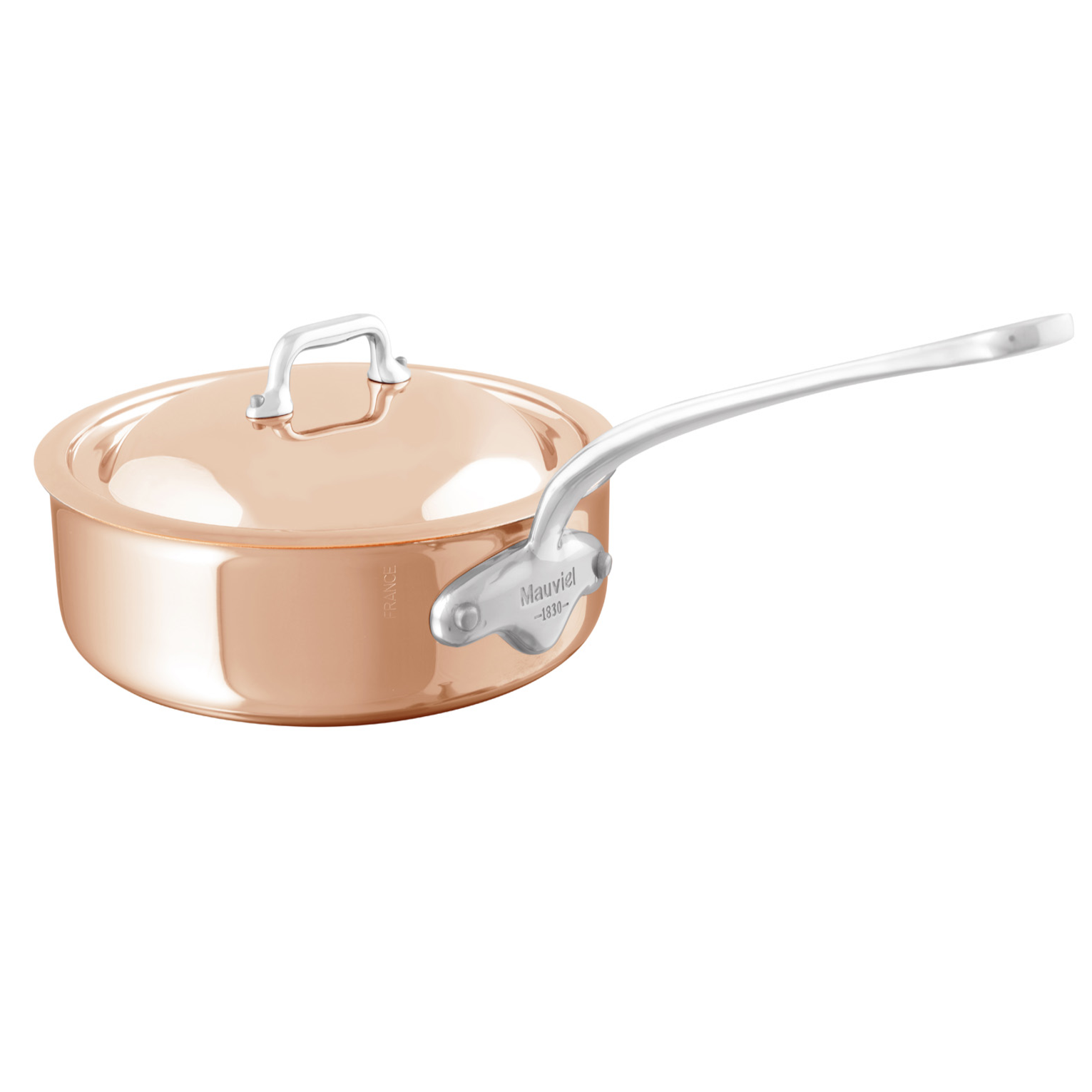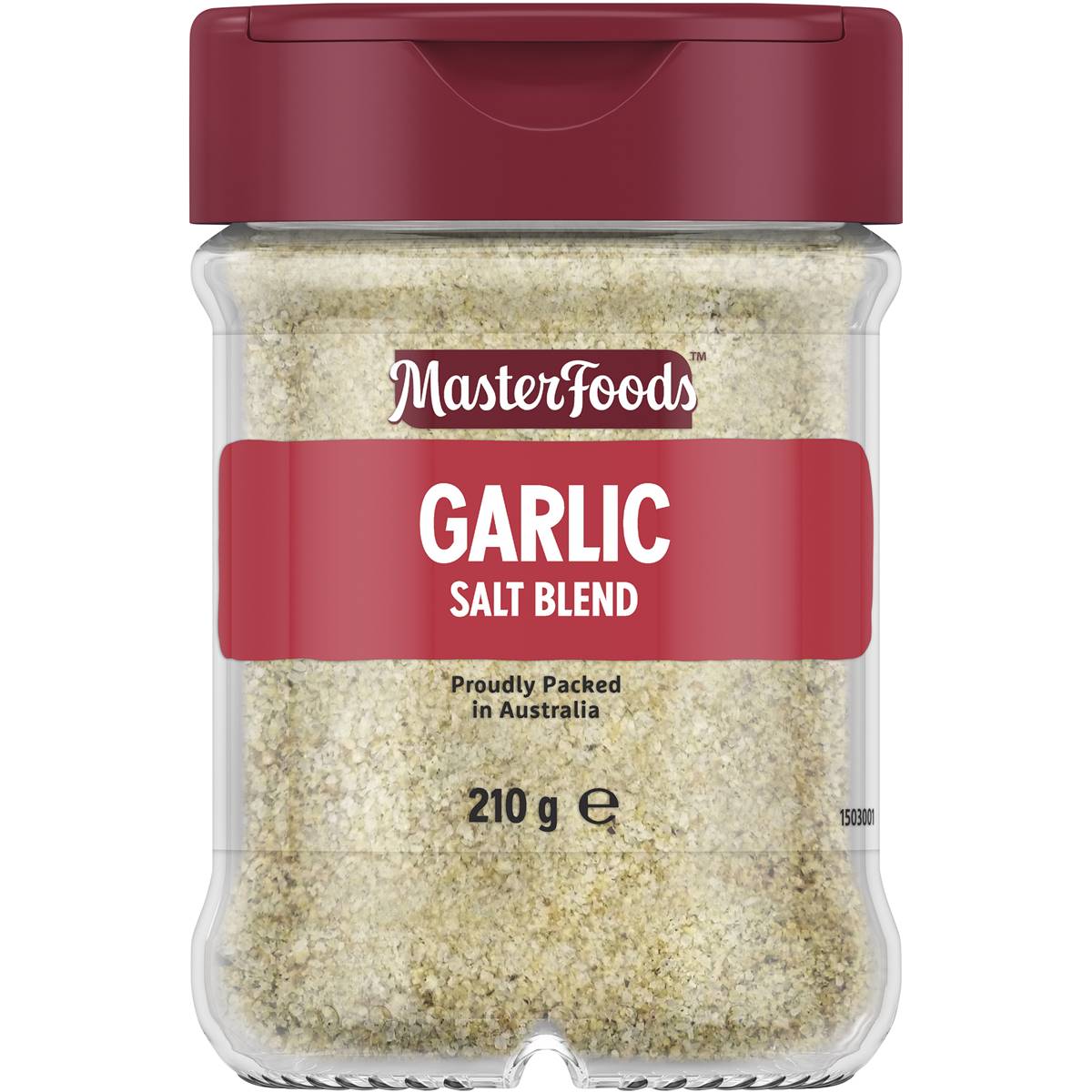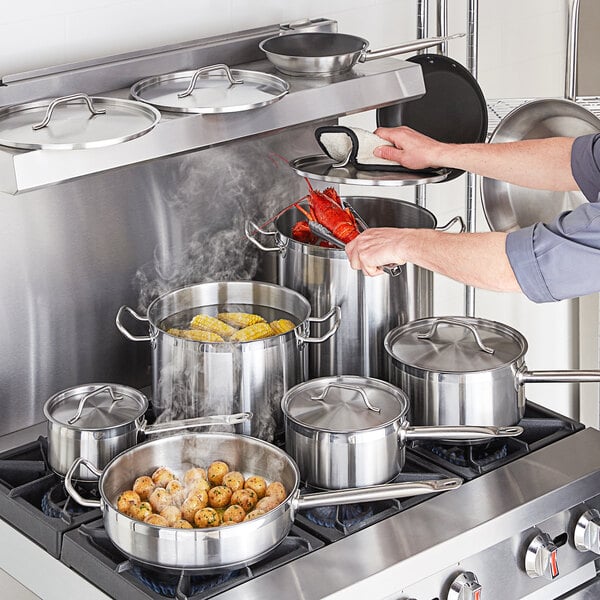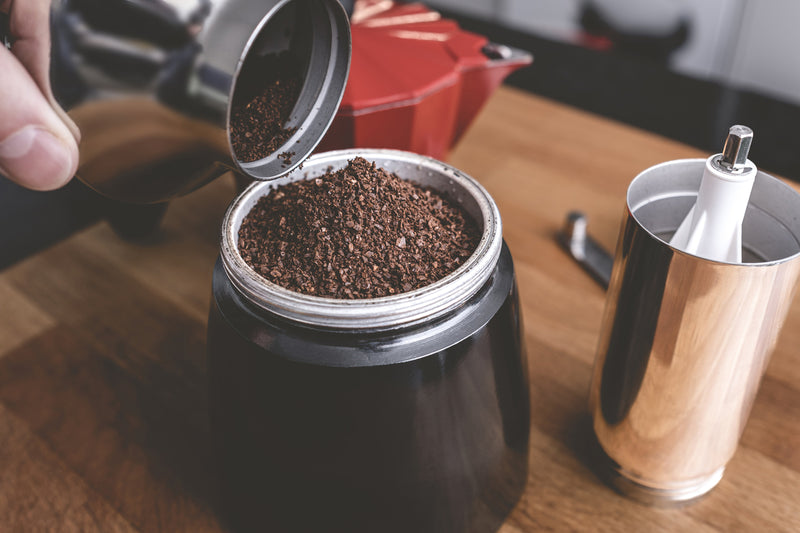
Will Oily Coffee Beans Clog Grinder: Essential Facts and Tips
Price: $ 66.99
4.6(686)
Oily coffee beans can be a challenge for any coffee grinder, leading to clogs and inconsistent grinds. Our essential facts and tips on whether oily coffee beans will clog your grinder will help you navigate this common issue and achieve the perfect grind every time. Understanding Oily Coffee Beans Factors Contributing to Oily Beans Oily coffee beans result from the roasting process, specifically when beans are subjected to high temperatures for extended periods. During this process, the natural oils within the beans are drawn to the surface, creating a glossy sheen unique to darker roasts. In general, dark roasted beans tend to exhibit more oil as compared to their light or medium roast counterparts. Some factors that contribute to the oiliness of coffee beans include roasting time and temperature. The longer and hotter the roasting process, the more natural oils.
Oily coffee beans can be a challenge for any coffee grinder, leading to clogs and inconsistent grinds. Our essential facts and tips on whether oily.
Oily coffee beans can be a challenge for any coffee grinder, leading to clogs and inconsistent grinds. Our essential facts and tips on whether oily coffee beans will clog your grinder will help you navigate this common issue and achieve the perfect grind every time.
Understanding Oily Coffee Beans
Factors Contributing to Oily Beans
Oily coffee beans result from the roasting process, specifically when beans are subjected to high temperatures for extended periods. During this process, the natural oils within the beans are drawn to the surface, creating a glossy sheen unique to darker roasts. In general, dark roasted beans tend to exhibit more oil as compared to their light or medium roast counterparts.
Some factors that contribute to the oiliness of coffee beans include roasting time and temperature. The longer and hotter the roasting process, the more natural oils will emerge from the beans. Consequently, dark roasted coffee – such as French or Italian roasts – usually has this prominent oily texture due to the intense roasting conditions.
Aroma and Taste Differences
The presence of oily coffee beans significantly affects the aroma and taste of the resulting brew. Dark roasted coffee often boasts a robust, bold flavor, with low acidity and intense smokiness. This is due to the breaking down of the beans' internal structures during roasting, which allows the natural oils to be released.
However, these oils also contribute to some unfavorable outcomes, particularly in regards to cleaning and maintenance of coffee grinding equipment. Oily coffee beans are known to clog grinders, creating a build-up that can alter the taste of the coffee and cause damage to the machine. Moreover, the grounds from oily beans tend to stick together, making it difficult to achieve a consistent grind.
To prevent grinder clogs and maintain optimal taste, some coffee experts recommend using a burr grinder specifically designed for oily beans. Such grinders are preferred as they can easily be disassembled and cleaned, ensuring the remaining oil from the beans does not adversely affect subsequent coffee grinding sessions.
In summary, understanding oily coffee beans involves considering factors such as the roasting process, the impact on aroma and flavor, and potential concerns with grinder maintenance. While oily beans may produce a darker, bolder coffee, extra care should be taken to avoid detrimental effects on grinding equipment.
Grinders and Their Functionality
A coffee grinder plays an essential role in extracting the optimum flavor from coffee beans. Choosing the right grinder and maintaining it properly is crucial for the best coffee experience. There are various types of coffee grinders, such as burr grinders, blade grinders, and disc grinders. This section will discuss these different types of grinders and how oily coffee beans can impact their functionality.
Burr Grinder
Burr grinders are known for their consistency in producing evenly ground coffee. They feature two grinding plates, one stationary and the other rotating, that crush the coffee beans between them. Burr grinders are adjustable, allowing users to select the desired size of the coffee grounds.
However, burr grinders are not immune to the effects of oily coffee beans. The oil content in the beans can cause the grounds to stick together, leading to clogs in the grinder. Regular cleaning and dismantling of the burr grinder can help avoid this issue and maintain its efficiency in grinding oily beans.
Blade Grinder
Blade grinders use a set of blades to chop and break down the coffee beans. They are less consistent in producing even grounds compared to burr grinders, as the grounds can vary in size depending on how long the grinder is operated.
Oily coffee beans can create complications with blade grinders, as the oil causes the grounds to clump together and form hard pockets of material. This negatively affects the performance of the grinder and can lead to difficulties in cleaning the machine. It is recommended to avoid using blade grinders for grinding oily coffee beans.
Disc Grinder
Disc grinders are less common types of coffee grinders but are still used in some instances. They operate similarly to burr grinders, utilizing two discs to crush and grind the coffee beans. The discs have grooves that help in achieving a consistent grind size.
Like burr grinders, disc grinders can also be affected by oily coffee beans. The oil in the beans can contribute to clogging and decrease the grinder's efficiency. Ensuring regular cleaning and maintenance can help minimize the effects of oily beans on the functionality of the disc grinder.
In summary, all types of coffee grinders can be impacted by oily coffee beans. Regular cleaning and maintenance are crucial in preserving the functionality and performance of the grinders. It is also essential to consider the type of grinder best suited for oily beans, with burr grinders generally being the most recommended choice.
Effects of Oily Beans on Grinders
Potential Clogging Issues
Oily coffee beans can cause problems for coffee grinders, leading to potential clogging issues. When coffee beans are oily, it typically means they have a dark roast that produces more oil on the surface of the beans. As the beans are ground, the oil combined with the fine particles creates a clay-like substance that can stick to the internal components of the grinder, limiting its effectiveness and potentially causing a malfunction over time.
Different Grind Settings
The type of grinder and its specific settings can influence how oily coffee beans affect the grinding process. Burr grinders, which use two abrasive surfaces to crush the beans, are generally better suited to handling oily beans than their blade counterparts. Since burr grinders can produce a more consistent and even grind, they are less likely to cause buildup and clogging. Adjusting the grind setting to a coarser option might also help prevent the excessive buildup of oily grounds, as finer grounds can more easily clump together and create clogging issues.
Managing Residue Buildup
To help mitigate the effects of oily coffee beans on your grinder, it's vital to manage the residue buildup effectively. Regularly cleaning your grinder, especially the burrs, is crucial in maintaining its performance and preventing clogging. By taking apart the grinder and cleaning its components, you can ensure that the oil and fine grounds are removed, reducing the risk of clogs or malfunction.
Another way to manage residue buildup is by alternating the types of beans you grind. If you frequently use oily beans, consider switching to lighter roasts with less surface oil every few grinds, and then back to the dark roast as desired. This practice can help reduce the overall amount of oily residue accumulating in the grinder, prolonging its efficiency and preventing clogs.
In summary, oily coffee beans can pose a risk to grinders, potentially causing clogs and performance issues if not managed properly. By opting for a burr grinder, adjusting the grind settings, and regularly cleaning the machine, users can greatly minimize these risks and ensure consistent, enjoyable coffee experiences.
Coffee Brewing Methods and Oily Beans
Espresso Machines
When it comes to espresso machines, oily coffee beans can present a challenge. The accumulation of oily coffee grounds on the blades and other components of the machine may lead to clogs and ultimately slow down the coffee-making process. Over time, the buildup of these oily grounds can cause the machine to have difficulties producing coffee or operate at a significantly reduced speed.
Automatic Coffee Machines
Similar to espresso machines, automatic coffee machines also face issues when dealing with oily coffee beans. The grounds can stick together, becoming nearly clay-like in consistency, which may lead to clogs and negatively impact the machine's performance. To combat this issue, coffee experts often recommend using a burr grinder for grinding oily beans, as these grinders can be disassembled easily for convenient cleaning.
French Press
The French press brewing method seems to be more agreeable with oily coffee beans. This is because, unlike the aforementioned machines that use filters, the French press relies on an immersion-style brewing process, which doesn't require a paper filter. Consequently, oily coffee beans can be brewed without removing the oils. The result is a rich, full-bodied cup of coffee that many coffee enthusiasts thoroughly enjoy.
In order to achieve the best results with a French press, it is advisable to use a coarser grind. This helps to ensure that the full flavor of the oily beans is retained while also preventing the coffee grounds from passing through the metal mesh and into the brewed coffee.
Brewing Method
Effect on Oily Beans
Recommended Grind
Espresso Machines
Can cause clogs
Coarser grind
Automatic Coffee Machines
Can cause clogs and clay-like consistency
Burr Grinder
French Press
Better suited for oily beans
Coarser grind
In summary, the compatibility of oily coffee beans with different brewing methods varies significantly. While espresso and automatic coffee machines may require extra care and specific grinding techniques to handle oily beans, the French press emerges as a more appropriate choice for extracting the most flavor from these beans without causing any hindrance to the brewing process.
Maintaining Grinder Performance with Oily Beans
Cleaning and Maintenance Tips
To keep a coffee grinder functioning properly even when using oily beans, frequent cleaning and maintenance are crucial. One way to ensure that the grinder stays clean is by disassembling it and wiping down its parts, especially the burrs. This helps remove any oily residue and prevents buildup that could clog the grinder over time. Another useful tip is to grind a small amount of white rice through the grinder. The rice absorbs the oil and helps clean the grinder's internal parts.
Additionally, it is essential to monitor the freshness of beans used in the grinder. Oily beans can often become stale, making them more challenging to work with. To maintain freshness, store beans in an airtight container and keep them in a cool, dark, and dry place. This prevents the beans from losing their flavor and oils from leaching out, which subsequently keeps the grinder clean for a more extended period.
Preventing Stale Beans
To prevent coffee beans from becoming stale or too oily, it is essential to monitor their freshness from the moment they are purchased. When buying beans, opt for smaller quantities to ensure they are consumed before becoming stale. Store the beans in an airtight container, away from direct sunlight or moisture.
Grinders with bean hoppers can also be susceptible to stale and oily beans over time. To maintain freshness, avoid overfilling the hopper and consider using a hopper with a lid to minimize exposure to air.
Moreover, it is essential to have a reliable grinder, especially when dealing with oily beans. Burr grinders are recommended as they can handle the demands of oily beans more effectively than blade grinders.
In summary, maintaining grinder performance when working with oily beans requires a combination of proper cleaning, storage, and preventative measures. By following these tips, coffee enthusiasts can enjoy their favorite oily beans without clogging their grinder and compromising coffee quality.
Choosing the Right Coffee Beans
Types of Coffee Beans
When selecting coffee beans, it is essential to consider the level of oiliness present in the beans. Oily coffee beans are usually indicative of a very dark roast, such as a French roast, and may potentially clog your coffee grinder. The clogging can occur as the oily beans clump together, creating hard pockets of material that obstruct the grinder's mechanism.
Non-oily beans are often a better choice for coffee lovers who want to avoid clogging their grinders while still enjoying a great-tasting brew. These beans can range from light to medium-dark roasts, each with its distinct flavor profile. Light roast beans typically exhibit a bright, fruity acidity, while medium roasts offer a more balanced flavor with hints of cocoa and toasted nuts. Medium-dark roasts lean towards a bolder flavor with some oiliness but are less likely to cause grinder issues than the heavily oily French roast.
Balancing Taste and Grinder Health
To keep your coffee grinder running smoothly, it's important to strike a balance between your preferred taste and the grinder's health. One option is to use non-oily beans for everyday brewing and reserve the oily French roast beans for special occasions, ensuring that your grinder doesn't experience extended exposure to clogging risks.
When choosing non-oily beans, consider the following factors:
Origin: Coffee beans' flavors can vary depending on their geographical origin. Experiment with beans from different regions (e.g., Africa, South America, Asia) to find the taste that suits you best.
Roast level: As mentioned earlier, roasts range from light to medium-dark, each with unique flavor characteristics.
Processing method: The way coffee beans are processed can also impact the final taste. Beans that undergo a natural or honey process may exhibit fruity, sweeter flavors, while those processed using the washed method might be cleaner and more balanced.
If you do decide to use oily beans, consider investing in a burr grinder. These grinders are more efficient at handling oily beans and can be taken apart quickly for thorough cleaning.
In conclusion, by selecting the right coffee beans and taking care of your grinder, you can enjoy a delicious cup of coffee without the hassle of clogged equipment.

Coffee Bean Selection and Grind Settings for Super Automatic Espresso – Whole Latte Love

Cleaning and maintaining your coffee grinder - Perfect Daily Grind

5 Things New Super Automatic Espresso Machine Owners Should Know

The Best Espresso Beans of 2023: Our Top 10 Picks

Best Burr Coffee Grinder in 2024: Let's Grind!

Why Oily Beans Are Bad For Your Espresso Machine – Black Creek Coffee

Dunkin Original Blend Whole Bean Coffee, Medium Roast, 12 oz. Bag

Are these beans too oily? Will they damage/clog my hand grinder set to espresso grind? : r/espresso
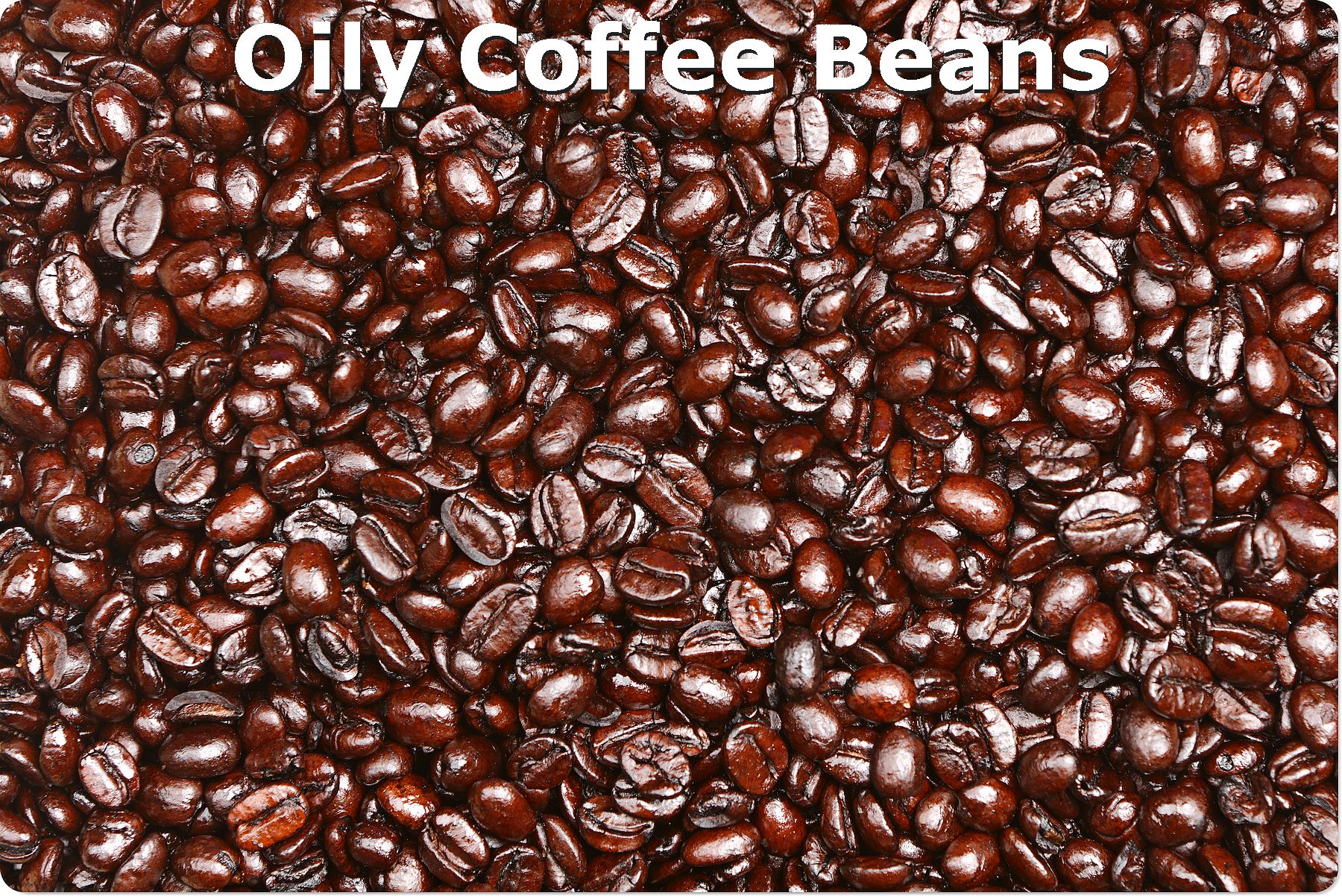
Oily Coffee Beans - Why Are Coffee Beans Shiny?

Will Oily Coffee Beans Clog Grinder: Essential Facts and Tips
Caffeine content not higher than 1.5%. 100% arabica. Espresso preparation. Illy has been perfecting its unique blend of 9 Arabica origins for more than 80 years, to offer the world its greatest coffee. Classico: classic roast; mild and balanced.
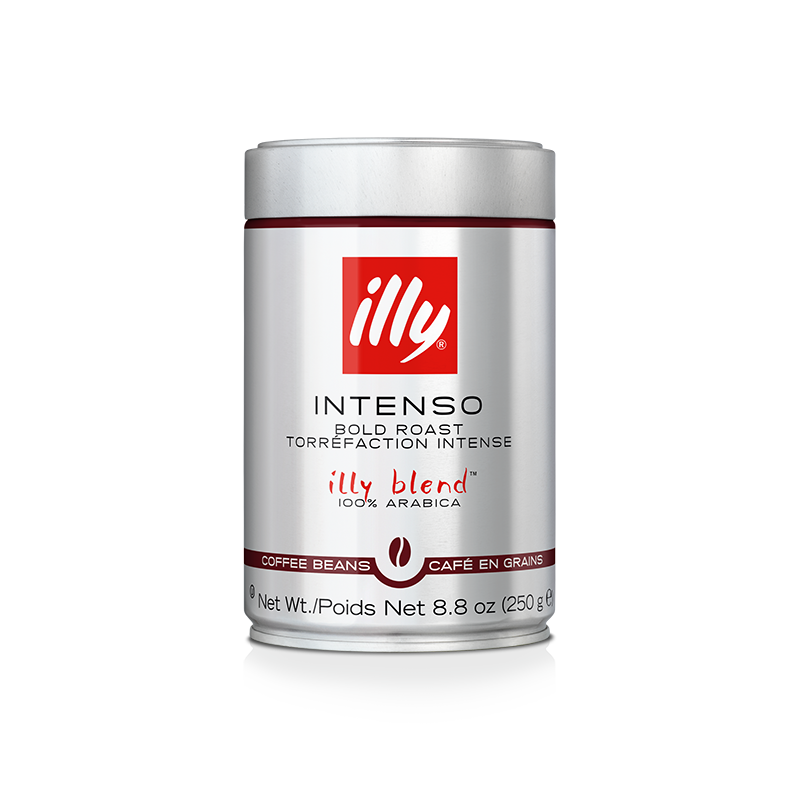
Illy - Whole Bean Intenso Coffee - Dark Roast

Espresso Beans: Difference Between Espresso & Normal Coffee beans

